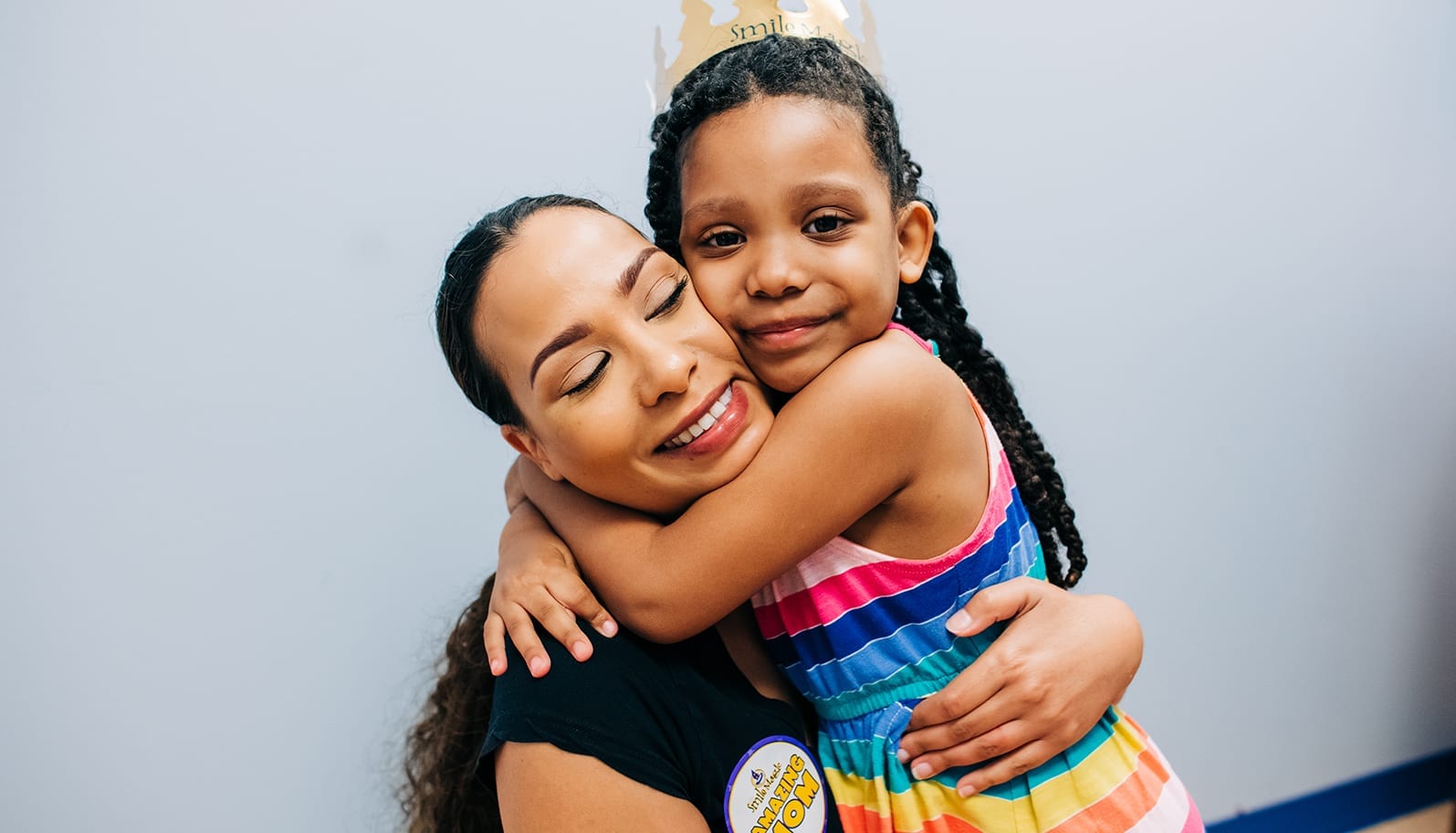
The first visit to the dentist marks a crucial milestone in your child’s health development. By preparing adequately, you can transform what might be a daunting experience into a positive introduction to dental health, setting the stage for lifelong habits.
Understanding the Importance of Children’s Dentistry
Our dental teams are not just dentists who specialize in treating children; they are partners in health who help mitigate fears and encourage healthy habits from infancy through adolescence. They are equipped with specialized training to handle the unique oral health needs of infants, toddlers, preschoolers, school-aged children, and teenagers, ensuring each visit enhances the child’s comfort and understanding of oral health.
Preparing Before the Visit
Infants (Ages 3 – 11 Months)
Familiarization: Start by gently wiping your baby’s gums with a soft, damp cloth daily. This not only helps keep their mouth clean but also gets them used to the sensation of having their mouth cleaned.
Timing: Choose a time for the dental visit when your baby is typically alert and content, which is often after a nap or a meal.
Toddlers (Ages 1 – 2 Years)
Storytime: Invest in children’s books that are themed around dentist visits. These stories should portray the dentist in a positive light, helping to build anticipation and curiosity rather than fear.
Role Play: Engage in role-playing games where you and your toddler take turns being the dentist and the patient, using props like a toothbrush to simulate a gentle examination.
Preschoolers (Ages 3 – 4 Years)
Visual Learning: Utilize educational cartoons that focus on dental visits to explain the processes in an engaging and visually appealing manner.
Positive Reinforcement: Frame the visit as an exciting adventure and a sign that they are growing up.
School-Aged Children (Ages 5 – 12 Years)
Educational Discussions: Provide a simple, straightforward explanation of what happens during a dental visit and why keeping teeth healthy is important. Encourage them to think of questions to ask the dentist.
Encourage Questions: Create an open environment for them to express any fears or curiosity they might have.
Teens (Ages 13 – 19 Years)
Independence: Encourage independence by allowing them to speak to the dentist on their own and be involved in their dental health decisions.
Peer Stories: Share anecdotes of peers who have had positive dental experiences to normalize and reduce anxiety.
What to Do If Your Child Is Anxious
Dental anxiety is common in children, but it can be managed effectively:
Familiarization Visits: Consider visiting the dental office before the actual appointment so your child can meet the dentist in a non-threatening scenario.
Relaxation Techniques: Teach your child simple relaxation exercises such as deep breathing or counting to ten slowly.
Comfort Items: Allow your child to bring a favorite toy or blanket to the appointment for emotional comfort.
Sedation Options: For highly anxious children or longer procedures, discuss with your dentist the possibility of using sedation to ease the experience.
How to Choose the Right Dentist
Selecting the right dentist is pivotal in shaping your child’s attitude toward dental health:
Specialization and Qualifications: Look for a dentist who has completed training in treating children.
Office Environment: The dental office should be bright, cheerful, and welcoming to children. At our practices, we offer video games, play gyms and movie theaters. Anything to make the office more fun for our patients!
Patient Reviews: Seek feedback from other parents, focusing on how the dentist and their staff handle young patients, particularly those who are anxious or have special needs.
Dental Milestones
Knowing the key dental milestones can help you anticipate your child’s needs:
First Tooth: The appearance of the first tooth, typically around six months, is when dental care begins.
First Visit: The American Academy of Pediatric Dentistry recommends that the first dental visit take place after the first tooth appears, but no later than a child’s first birthday.
Regular Check-ups: Establishing a routine of biannual dental check-ups supports early detection and management of potential oral health issues.
The Importance of Regular Dental Visits
Regular dental visits for children are essential because:
Preventative Care: They allow for early detection and treatment of issues before they become more serious.
Educational Opportunities: Each visit is a chance to educate about oral hygiene, diet, and preventive care practices.
Preparing Yourself as a Parent
How you approach the visit can significantly influence your child’s perception:
Educational Preparation: Educate yourself about what to expect so you can discuss the visit confidently and calmly with your child.
Emotional Preparation: Manage your own anxieties about dental visits as children can pick up on parental emotions.
Checklist for the First Dentist Visit
To ensure a smooth first visit, prepare a checklist:
Documentation: Bring any necessary documentation such as your child’s health records and insurance information.
Questions: List any questions or concerns you might have to discuss with the dentist.Comfort Items: Pack comfort items that might help your child feel more secure.
Setting the Right Tone for the First Dentist Visit
By adequately preparing for your child’s first dentist visit, you can set a positive tone for future visits and help establish healthy dental habits. Each visit is an opportunity to build on their understanding and comfort with dental care, paving the way for lifelong oral health.
If you’re ready to find the perfect children’s dentist for your family, schedule a consultation today and take the first step towards ensuring your child’s bright and healthy smile.
The American Academy of Pediatric Dentistry recommends that a child’s first dental visit should occur after their first tooth appears, but no later than the age of 1.
Start by explaining what will happen using simple, positive language. You can read them books or watch kid-friendly videos about dentist visits. Playing pretend dentist games at home can also help make them feel more comfortable with the concept of a dental check-up.
Help alleviate these fears by staying calm and positive, as children often pick up on parental anxieties. Bringing a favorite toy or blanket can also provide comfort. Additionally, discuss with your dentist about possibly using gentle sedation methods if needed.
Look for a dentist who has specific training in treating children and who operates a child-friendly office that feels safe and welcoming. Choose a dentist who comes highly recommended by other parents.
The first visit is usually short and involves very little treatment. It’s primarily about introducing your child to the dental office and performing a gentle examination of their teeth and gums to check growth and development. The dentist might also clean their teeth and assess any adverse habits.
Regular dentist visits help to establish the importance of maintaining good oral health. They enable the dentist to monitor your child’s dental growth and development and to catch any problems early. They also allow your child to build trust and comfort with their dentist.
Bring your child’s health records, your insurance information (if you have insurance), a list of any medications your child is taking, and any questions you might have for the dentist. Also, consider bringing a comfort item for your child, such as a favorite toy or blanket.
Positive reinforcement can go a long way. Speak positively about the dentist, and after the visit, praise your child for their bravery. Many dentists offer a small reward, such as a sticker or a toy, which can help children look forward to and reflect positively on their visits.
In most cases, parents are allowed and even encouraged to accompany their child during the initial visit. This can help your child feel more secure. However, as they grow older and become more comfortable, they may benefit from independent visits.
Healthy gums should be pink and firm, and teeth should be clean and free of food particles. Regular growth of teeth without overcrowding or misalignment is also a good sign. Your dentist can provide more specific markers based on your child’s age and development.
